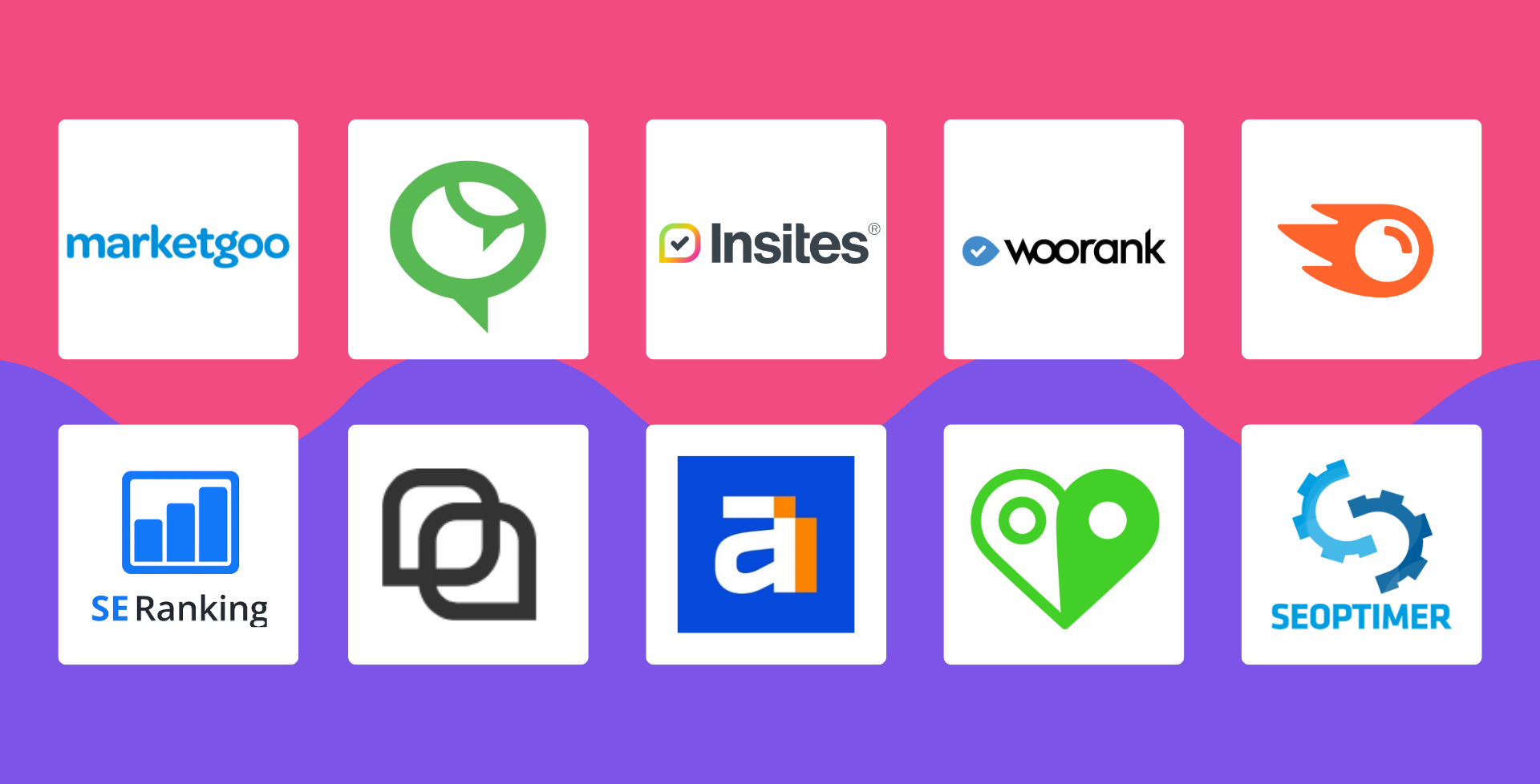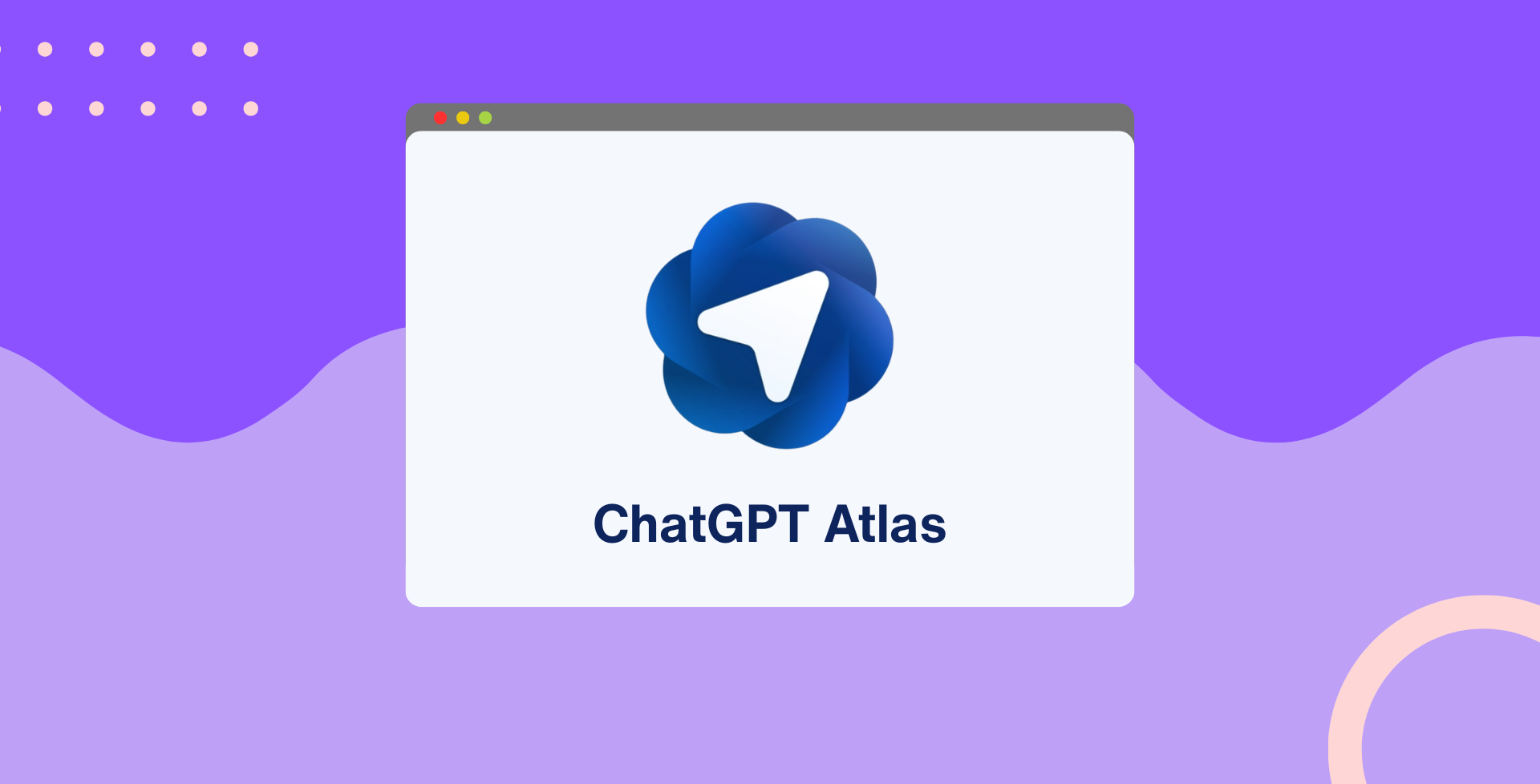Empowering non-technical sales teams to sell digital marketing services confidently
Izzy Fletcher • April 3, 2025
In large digital marketing agencies, there's a common problem: talented sales representatives staring at complex SEO reports, trying to decipher technical jargon before a client call.
Despite their excellent people skills and closing abilities, many struggle to articulate the value of digital marketing services they don't fully understand.
But this disconnect between sales talent and technical knowledge isn't just frustrating - it's costing agencies lost opportunities and creating unnecessary friction in the sales process.
The hidden challenge of selling technical services with non-technical teams
Unfortunately, when you're running a large organisation of 10 reps, finding exceptional salespeople and digital marketing experts is nearly impossible. The reality is that most great salespeople aren't SEO specialists, web developers, or social media gurus—and they shouldn't need to be.
The consequences of this technical knowledge gap manifest in several ways:
- Undermined confidence: Representatives hesitate during crucial moments when prospects ask specific questions about how services work
- Inconsistent pitches: Each team member explains technical concepts differently, leading to varying client expectations
- Longer onboarding cycles: New hires take months to become proficient in explaining complex digital services
- Missed upselling opportunities: Sales staff struggle to identify additional service needs if they don't understand the technical indicators
- Lost credibility: When a prospect knows more about a service than the salesperson, trust erodes instantly
Bridging the expertise gap without impossible training demands
Most agencies attempt to solve this problem through extensive training programs, creating simplified scripts, or having technical staff join sales calls. While these approaches can help, they often fall short for several reasons:
- Training overload: Digital marketing changes constantly, making comprehensive training nearly impossible to maintain
- Oversimplification: Scripts that oversimplify complex topics can backfire when prospects ask follow-up questions
- Resource constraints: Having technical experts join calls doesn't scale with a large sales team
- Inefficient diagnosis: Without proper tools, identifying a prospect's specific needs becomes a guessing game
The most successful agencies are taking a different approach. Rather than trying to turn salespeople into technical experts, they're equipping them with tools that bridge the gap—allowing them to speak confidently about technical subjects without needing deep expertise.
How to empower non-technical sales teams
Agencies that successfully scale their sales operations focus on these key strategies:
1. Visual evidence over technical explanation
High-performing sales teams use visual reports with clear scores and traffic-light indicators to show prospects their digital marketing performance. This approach shifts the conversation from technical explanations to visual evidence that prospects can immediately understand.
A sales manager from a leading agency explains: "When my team can show a prospect a red indicator next to 'Local SEO' rather than trying to explain the technical details of local search optimisation, conversations become much more productive."
2. Competitor benchmarking to create urgency
Nothing motivates a prospect like seeing competitors outperforming them. Top agencies provide their sales representatives with tools that instantly show how prospects compare to local competitors. This creates natural urgency without requiring sales staff to explain complex technical concepts.
"Showing a prospect that they're ranking below three local competitors is infinitely more effective than explaining how search algorithms work," notes one sales director.
3. Plain-language recommendations that build confidence
The best sales enablement approaches translate technical recommendations into plain language that both sales representatives and prospects can understand. This allows non-technical sales staff to confidently suggest solutions without getting caught in technical discussions they're not equipped to handle.
4. Reducing research time through automation
Large agency sales teams need to qualify prospects quickly. Leading organisations use tools that automatically gather and analyse a prospect's digital presence, allowing representatives to spend less time researching and more time selling.
5. Consistent processes built around non-technical frameworks
Successful agencies create sales frameworks that allow non-technical staff to follow consistent processes without needing to understand all the technical details. These frameworks focus on business outcomes rather than technical implementations.
Five questions to determine if your sales team faces the technical knowledge gap
If you're managing a large sales team selling digital services, ask yourself:
- Do your sales representatives ever avoid discussing certain services because they don't feel confident explaining them?
- Has your onboarding process grown increasingly complex as you've added more digital services?
- Do you see inconsistent explanations of your services across your sales team?
- Are your more technical prospects sometimes sceptical of your representatives' expertise?
- Does your sales team struggle to identify specific technical issues without consulting your delivery team?
If you answered yes to three or more of these questions, your organisation likely faces the challenge of bridging the technical knowledge gap.
Next steps: Supporting your non-technical sales team
The most important realisation for large agencies is that the solution isn't trying to transform sales representatives into technical experts—it's providing them with tools and frameworks that allow them to sell effectively without needing deep technical knowledge.
Here are three practical steps you can take:
- Audit your current sales process to identify where technical knowledge gaps are creating friction
- Invest in visual reporting tools that transform complex technical concepts into easy-to-understand visuals
- Create frameworks for common scenarios that guide representatives through technical conversations without requiring deep expertise
By addressing the reality that great salespeople don't need to be technical experts to sell technical services effectively, agencies can scale their sales operations without sacrificing quality or consistency.
At Insites, we've built our platform specifically to solve the common challenges sales leaders like you face. Our auditing tool transforms complex technical analysis into clear, visual reports that empower your sales representatives to sell with confidence - even without deep technical expertise.
What makes Insites different:
- 60-second audits: Your sales team can qualify prospects in under a minute, identifying specific opportunities without needing technical knowledge
- Visual traffic light system: Simple red, amber, and green indicators show exactly where improvements are needed without technical jargon
- Competitor comparison: Instantly show prospects how they stack up against local competitors, creating urgency without technical explanations
- Plain-language recommendations: AI-generated suggestions and email templates in clear, non-technical language
- White-labeled reports: Professional, branded reports that make your sales team look like experts
- Read receipts and tracking: Know exactly when prospects engage with your proposals to time perfect follow-ups
Ready to empower your sales team?
Book a discovery call today to see how Insites can help your sales representatives sell digital marketing services with confidence 👉 https://insites.com/request-a-demo

























